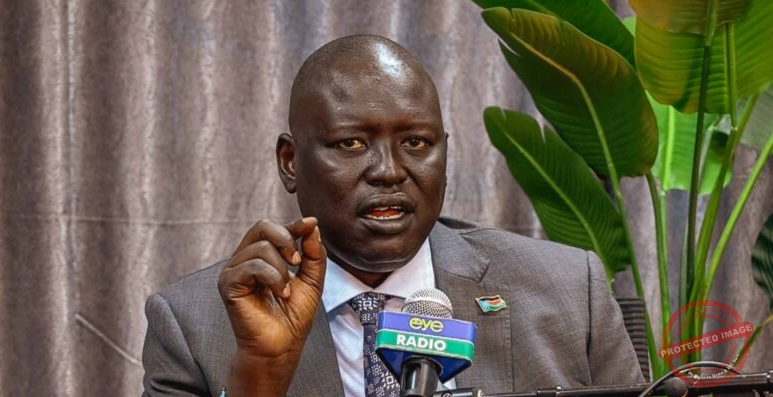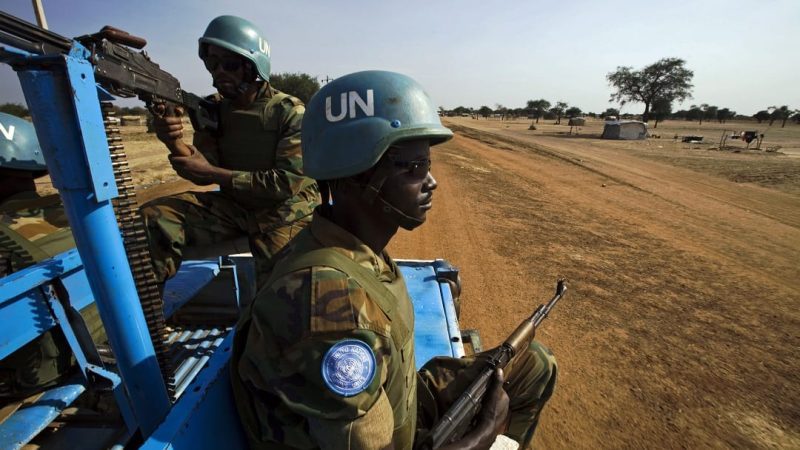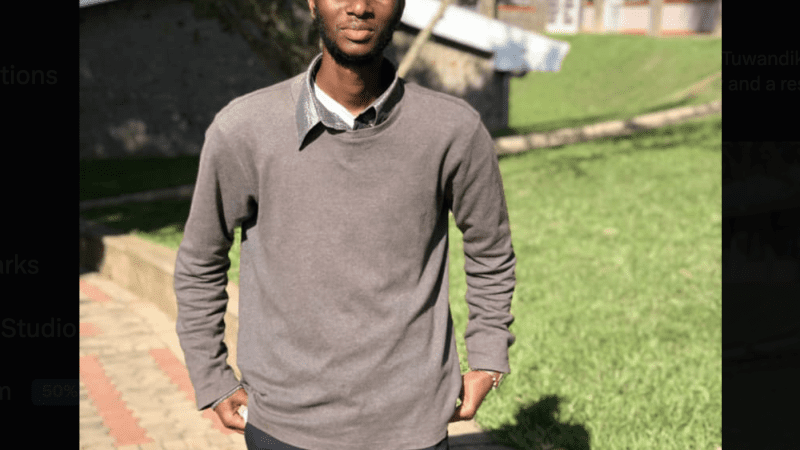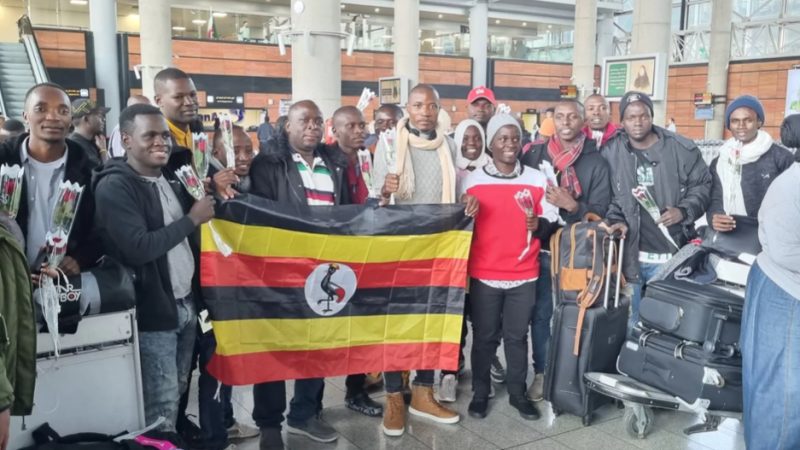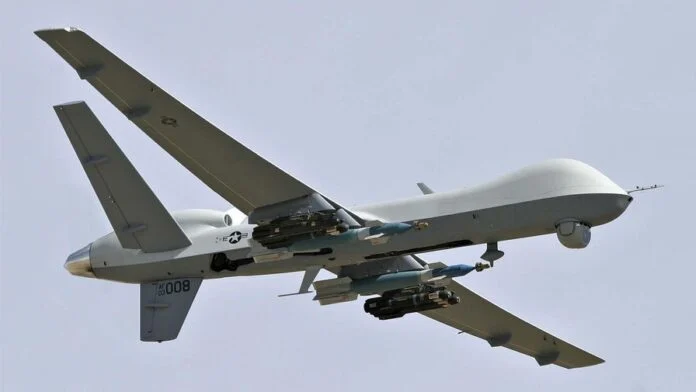South Sudanese rival forces have each issued statements claiming to be in control of Pagak, the former rebel headquarters located on the South Sudan-Ethiopian border.
Maiwut state governor Bol Ruach Rom said on Tuesday that he was in Pagak setting up his administration and to facilitate the return of the civilians who fled military activities to the area.
“I am speaking from Pagak. I am here. Those who are saying they are here, let them tell you where in Pagak they are talking to you. May be they are talking of their own Pagak but the Pagak in which I talk to you is under the full control of the government since I came here. Those who were here left before I came and their attempts to return could not succeed”, explained the governor.
The spokesman of government forces Brig. General Lul Ruai Koang described as mere “propaganda” reports that Pagak was under the control of armed opposition fighters.
“Which Pagak? The chief of defence forces led high-level military officers there and his visit was all over in the media. Those reports are just for face saving purpose by the anti-peace elements. Pagak is under the full control of the constitutional forces and it where the governor operates as his headquarters,” said Koang.
He added, “If you want, please contact him. He will tell you where he is now so that you make your reports on the ground reality, not the on the social media reports and press releases”.
Pagak, a town on South Sudan’s border with Ethiopia was captured by government forces on 5 August, reversing all the gains made by the armed opposition forces loyal to the former First Vice-President Riek Machar in the past months.
Since then, however, the armed opposition forces have contested the government’s versions on Pagak, insisting their fighters regained control of their headquarters and were in the area, despite attempts by pro-government troops to recapture the town.
The rebel spokesperson, Brig. Gen William Gatjiath Deng said government forces do not control Pagak, but were at the Ethiopian border.
“This is to once again remind the people of South Sudan that Pagak is under the full control and completion of the gallant SPLM-SPLA (IO) forces under the able and the visionary leadership of Dr Riek Machar Teny Dhurgon,” Gatjiath said in a statement.
The military spokesman of the opposition claimed the area was recaptured town from government forces after two weeks.
“We recaptured our SPLM-SPLA (IO) Headquarters (GHQs) weeks ago, and General Bol Ruach Rom, General Nhial Batoang and the surviving Juba regime soldiers were forced to flee to the Jowow Bridge area deep inside the Ethiopian territory where they have since confined and barricaded themselves,” he stressed.
The armed opposition official denied reports that government forces were in the area, describing statements attributed to government officials as “propaganda” and “misinformation” of the general population.
“For the last two weeks, the Ethiopian authorities have been trying in vain to convince General Bol Ruach Rom and General Nhial Batoang to lay down their arms and surrender peacefully to the Ethiopia then they should be handed over to the United Nation High Commissioner for Refugee (UNHCR) for safety,” he said.
The rebel official said the chief of defence forces never stepped in Pagak.
“Instead, the Juba regime continued to pester the patience of the Ethiopian government by sneaking Lt. General James Ajongo Mawut Ungquec, Salva Kiir Mayardit’s Chief of Defense Forces, into the Jekow Bridge area where he indeed met General Bol Ruach Rom and General Nhial Batoang, without the knowledge of the Ethiopian authorities, as displayed in the latest SSBC propaganda video”, he added.
Gatjiath said the armed opposition fighters welcomed Ethiopia’s position to expel the government forces at the border, should they fail to take advice after their meeting.
“We also appreciate the ultimatum of Sunday, August 20, 2017, from Mr Gatluak Tut Khot, Governor of Gambella Region, to these isolated Juba regime elements in Jekow Bridge to either leave Ethiopian territory and return to South Sudan or surrender or/and be registered as refugees in Ethiopia. This will once again help our people move freely across the border,” he explained.
South Sudan descended into civil war in 2013 after President Salva Kiir accused his former deputy, Riek Machar of attempting a coup. Machar denied the accusation and launched a rebel movement. The South Sudanese conflict has killed tens of thousands of people and displaced more than two million civilians.
REPORT/SUDAN TRIBUNE


